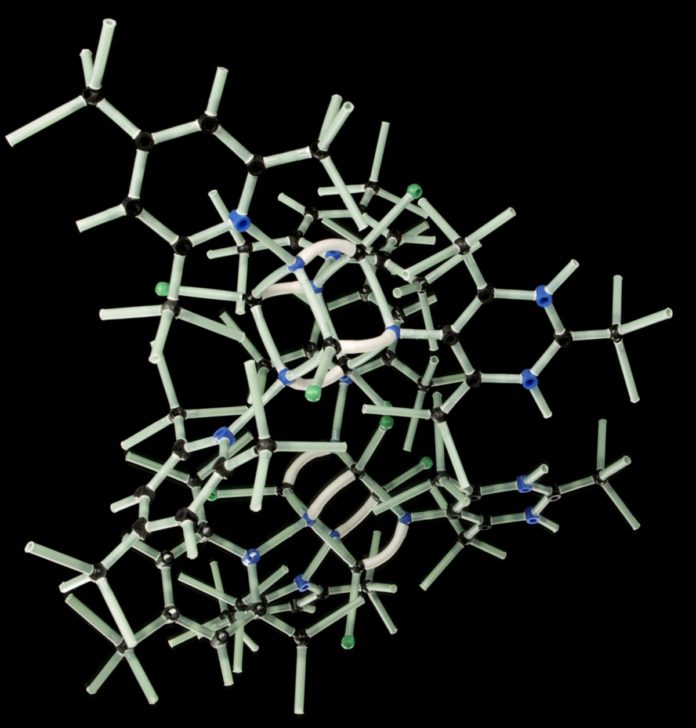A new study from Juniper Research found that the total spend on precision medicine will reach $132.3 billion globally by 2027; increasing from only $35.7 billion in 2022.
This strong growth of 270% is a result of emerging technologies and infrastructure, such as Artificial Intelligence (AI), which aids precision medicine by predicting risks for certain diseases.
The report forecasts these technological advancements, combined with the healthcare sector’s need to increase efficiencies, will encourage healthcare providers to invest further in precision medicine.
What exactly is Precision Medicine?
Precision medicine is the practice of tailoring treatments to individual patients, based on their unique genetic makeup and other factors. It is the use of data to develop treatments based on a person’s genetic makeup, lifestyle and environmental factors.
Precision medicine is especially important for patients with rare diseases because they often have few treatment options available to them.
Precision medicine has been used for a long time in treating cancer patients. It has recently been applied to other diseases such as Alzheimer’s disease and diabetes.
It’s being touted as the future of medicine, and it’s already being used in Australia. The Australian government has set aside $50 million to fund research into precision medicine over the next five years.
Related read: The Top Drivers of AI Adoption and Investment in Australia
Role of AI in Precision Medicine
Precision medicine uses a combination of technologies, including genomics, computational biology, and AI.
Genetic testing can be used to identify genetic variants linked to diseases or conditions. AI is then used to analyze these data sets to identify patterns in human behaviour and make predictions about disease onset or progression.
AI could increase the accuracy of diagnoses
AI is used to create treatment regimens that consider a patient’s genetic makeup in addition to other aspects like age and lifestyle choices.
Deployed with Precision Medicine, it could help develop new drugs and treatments. The technology can be used to identify patterns in patient data that may lead to new drug development or treatment options for patients.
AI is used in precision medicine because it can quickly analyze large amounts of data and make recommendations based on that analysis.
Conclusion
Precision medicine has been around for decades, but it’s only recently that we’ve begun to understand how powerful it can be.
The future of precision medicine looks even more exciting, with technologies like artificial intelligence (AI) helping us analyze huge amounts of data faster than ever before.
Soon we may have tools that allow us to predict an individual’s risk for developing certain diseases—and even prevent them from happening altogether!
It’s important to note that this technology is not a cure for diseases but rather a way for doctors to personalise treatments for their patients.













